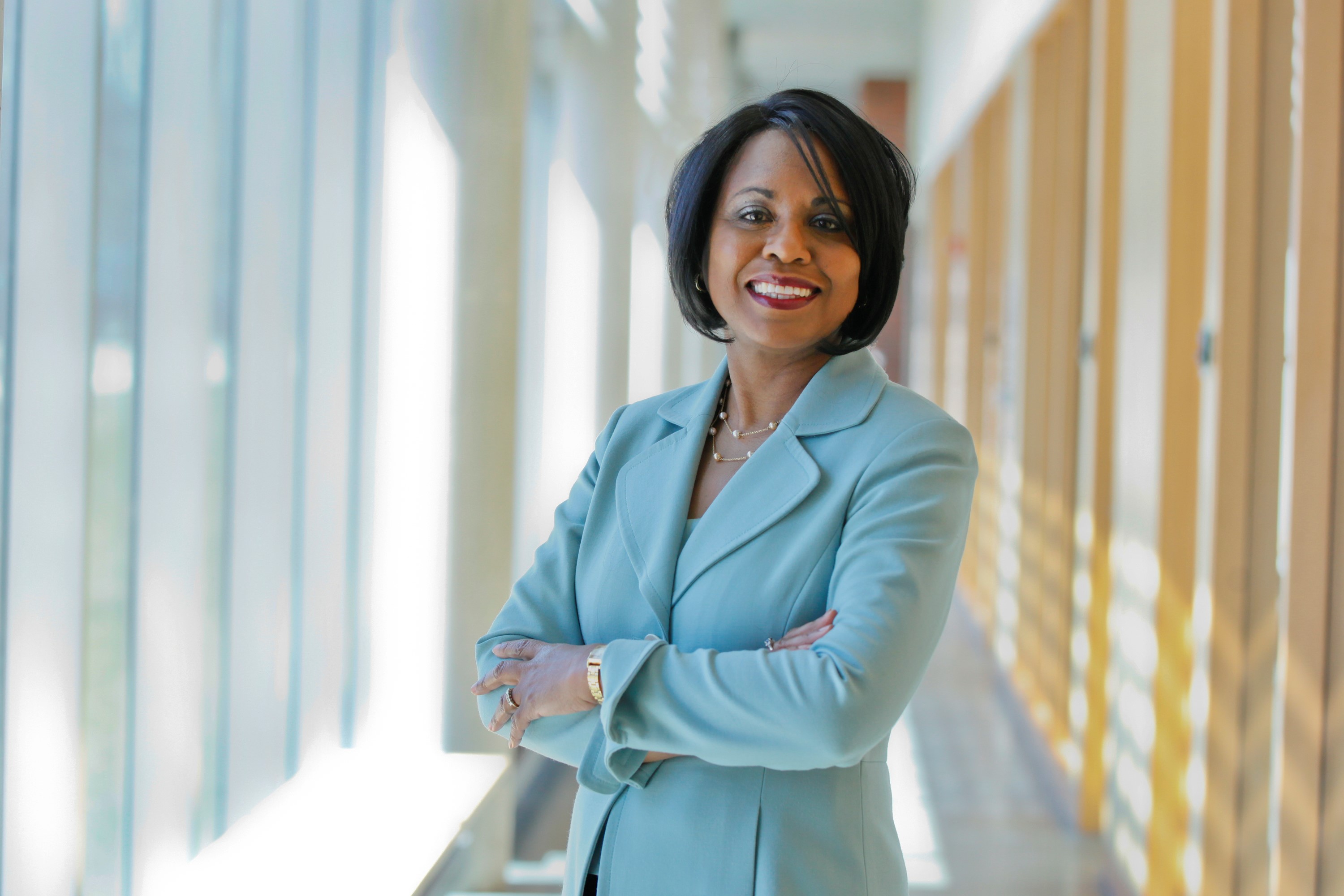Before there was a Weinstein trial, before there was a Kavanaugh hearing, and before there were fed-up females shouting #MeToo in chilling harmony from rooftops ’round the nation, there was Anita Hill. Stoic, young, and starkly alone, she sat in an unforgettable teal dress before a pride of powerful white men and revealed the sordid details of her boss’s sexual harassment.
It was 1991, and her story might not have gotten any attention at all — except that this particular boss was about to succeed Thurgood Marshall on the United States Supreme Court.
Hill, an honors graduate of Yale Law School and the youngest of 13 children born to Oklahoma farmers, testified that during the years she worked for Clarence Thomas — including, ironically, at the government agency responsible for adjudicating sexual harassment claims — he had repeatedly asked her out, described his anatomy and sexual prowess, made reference to pubic hair on his soda can, and talked about porn depicting bestiality, group sex, and rape scenes.
Hill’s opening statement to the Senate Judiciary Committee — and to a nation watching on television, at Super Bowl–level ratings — is listed as No. 69 in American Rhetoric’s Top 100 Speeches of the 20th Century. She passed a lie-detector test (Thomas refused to take one), and several other women reportedly came forward to testify in her same vein but were never given the chance.
Meanwhile, the Senate Judiciary Committee, chaired by then-Senator Joe Biden, grilled her in excruciating detail, questioned her motives, asked if she was “a scorned woman” with a “martyr complex,” and accused her of lying and of “erotomania,” the delusion that another person is in love with you.
Thomas was confirmed 52-48 and is now the most senior associate justice on the Supreme Court.
But Hill, who speaks at UCSB Arts & Lectures on Wednesday, February 19, became a symbol for women’s newfound voice against workplace inequality. Sexual harassment claims nearly tripled in the immediate aftermath of the hearing as women felt empowered to speak up.




